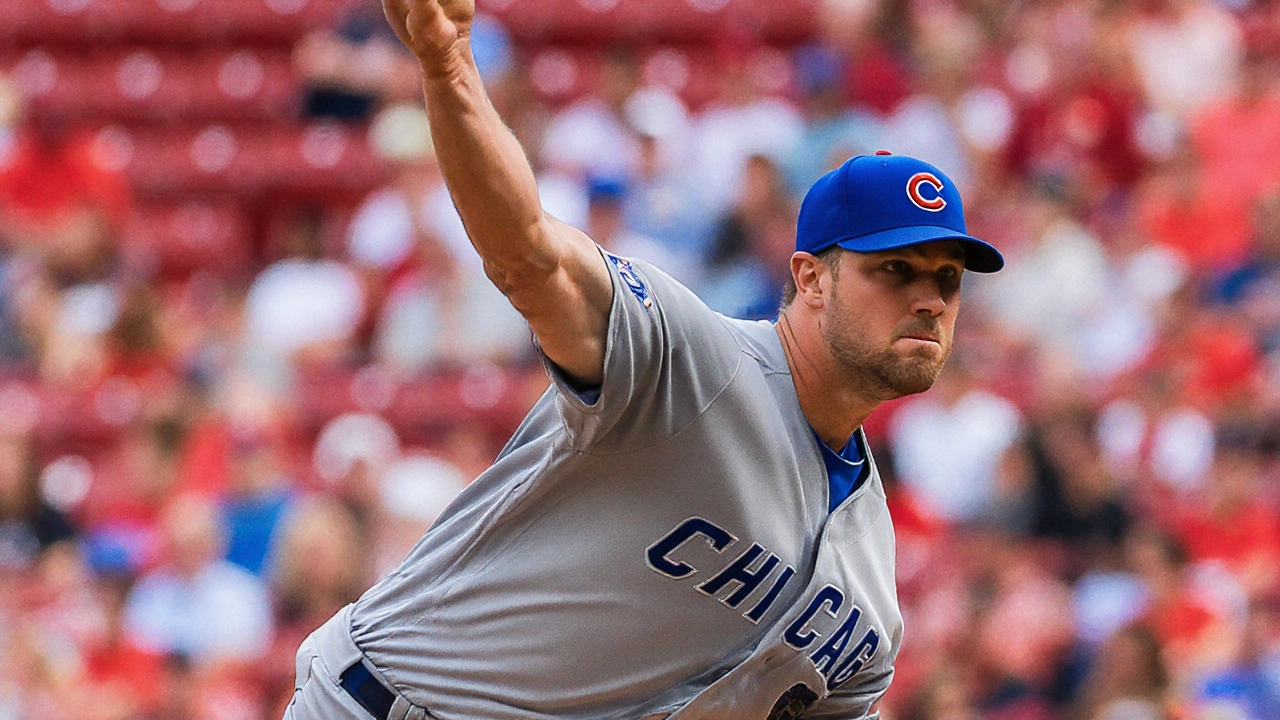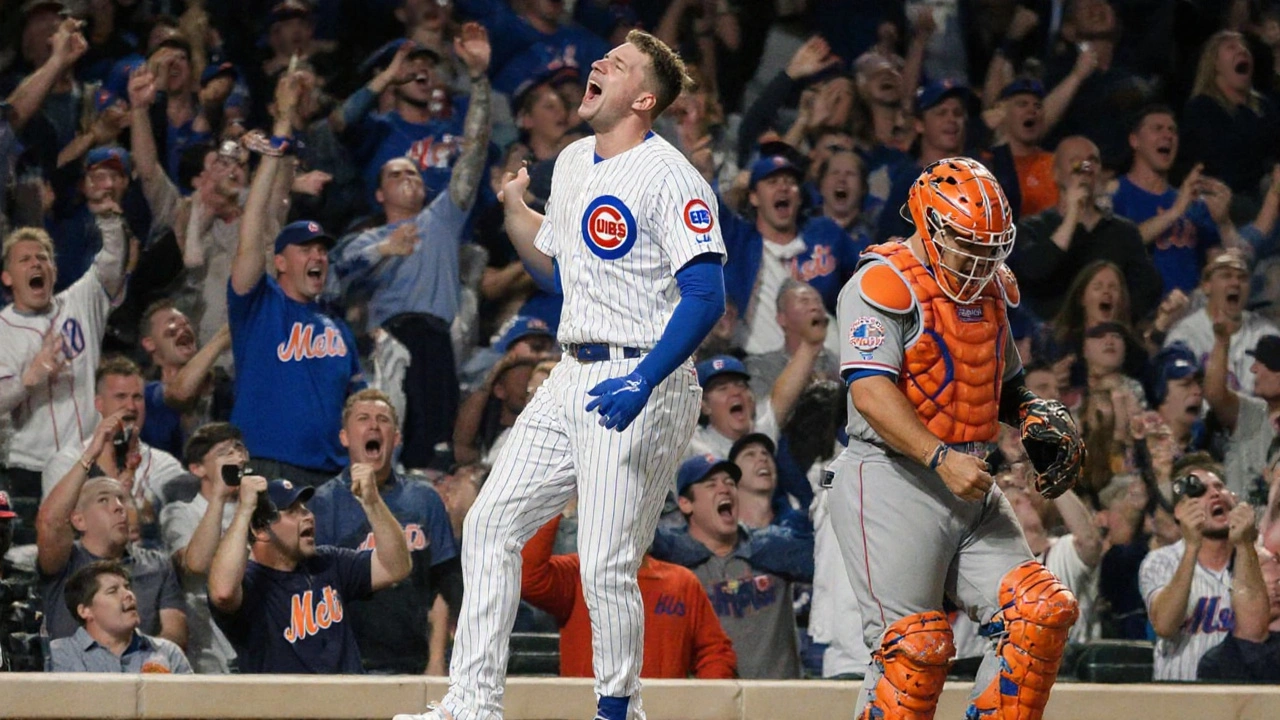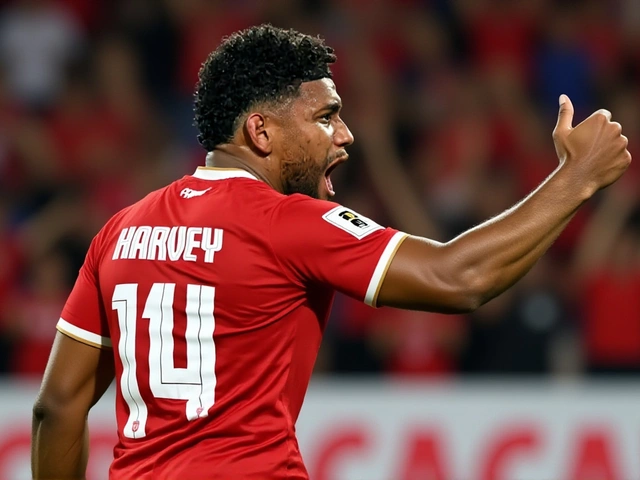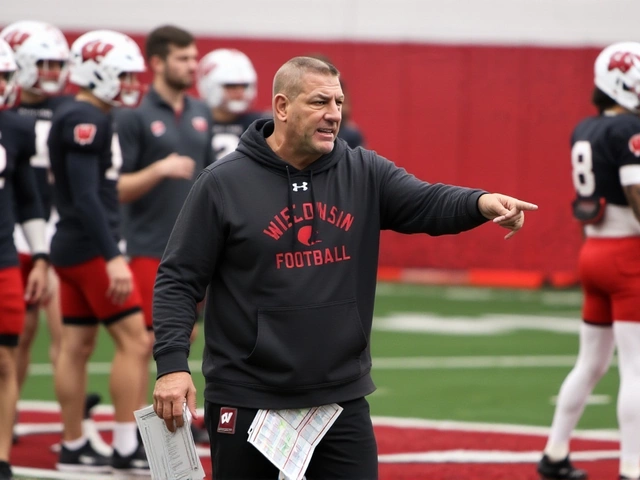A Lifetime of Coaching
Welby Sheldon "Buddy Bailey" was born on March 28, 1957, in Norristown, Pennsylvania, and grew up with a glove and a bat in hand. After high school in Amherst, Virginia, and a stint at Lynchburg College, he signed with the Atlanta Braves in 1979 as a right‑handed catcher. He never broke into the majors, finishing his playing days with a .210 average and six home runs, but those years gave him a front‑row seat to the grind of the minors.
Bailey turned that experience into a coaching career that would span four and a half decades. He took the managerial reins for the first time in 1983 with the Braves’ farm system, leading clubs until 1990. The highlight came in 1988 when his Greenville Braves squad captured the Southern League pennant, a sign that his teaching methods worked.
When the Braves chapter closed, the Boston Red Sox welcomed him. From 1991 to 2004 he moved through their affiliates, honing a reputation for demanding drills and a deep commitment to player growth. By the time he joined the Chicago Cubs organization in 2006, Bailey had already logged more than a dozen seasons shaping future big‑leaguers.
His tenure with the Cubs saw him at the helm of multiple teams. He managed the Double‑A Tennessee Smokies from 2012 to 2015, guiding young talent through the tough jump from rookie ball to the upper minors. In 2016, Bailey took over the Single‑A Myrtle Beach Pelicans and steered them to a Carolina League championship in his very first season, a testament to his ability to get the most out of raw prospects.
He stayed with the Pelicans through the 2024 campaign, blending rigorous conditioning with an unmistakable caring attitude. Chicago outfielder Kevin Alcántara, who played under Bailey in 2022, once said the manager would make him “run harder than anyone else on the field.” At first Alcántara felt the pressure, but he later realized every grueling drill was “out of care and love” to push him toward the majors.

Legacy and Impact
Bailey’s win total—2,417 victories over 35 seasons—places him fourth on the all‑time minor‑league managerial leaderboard. He celebrated his 1,500th win in May 2011 and broke the 2,000‑win barrier during the 2016 season, milestones that underscore both longevity and consistent success.
Beyond the numbers, former players speak of a mentor who could be both stern and supportive. He demanded extra sprints, extra reps, and an unwavering focus on fundamentals, yet he always made time for a chat on the dugout or a quick pep talk before a big game. Those personal moments, many say, were the difference between a player staying in the minors or getting the call to the big leagues.
The baseball world has lost a figure who embodied the very essence of the minor‑league pipeline: patient, gritty, and always looking ahead. Tributes have poured in from players, coaches, and front offices who credit Bailey with shaping their careers. Even though he never wore a Major League uniform as a player, his influence is felt in ballparks across the country every time a former Pelican, Smokie, or Braves affiliate steps up to the plate at the highest level.Buddy Bailey’s story is a reminder that the game’s true backbone isn’t just the stars we see on TV, but the countless mentors who work behind the scenes, day after day, turning potential into performance.






